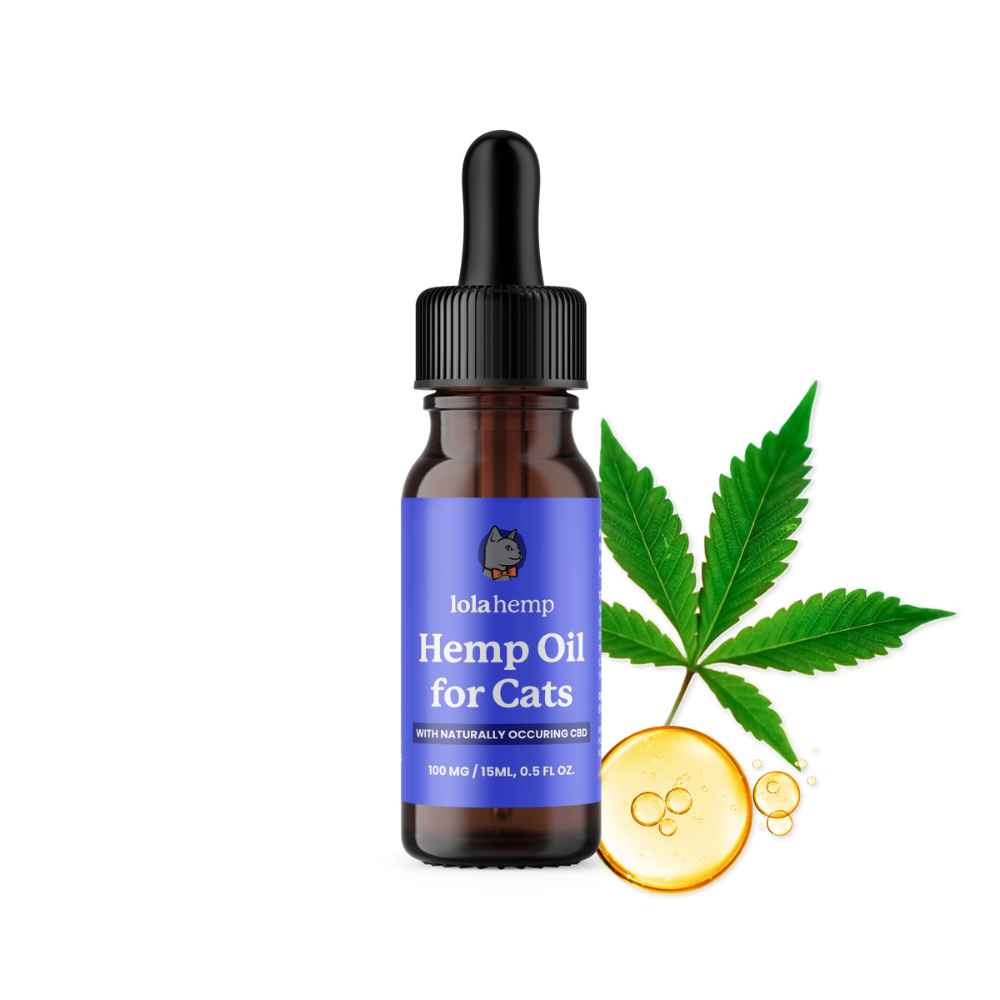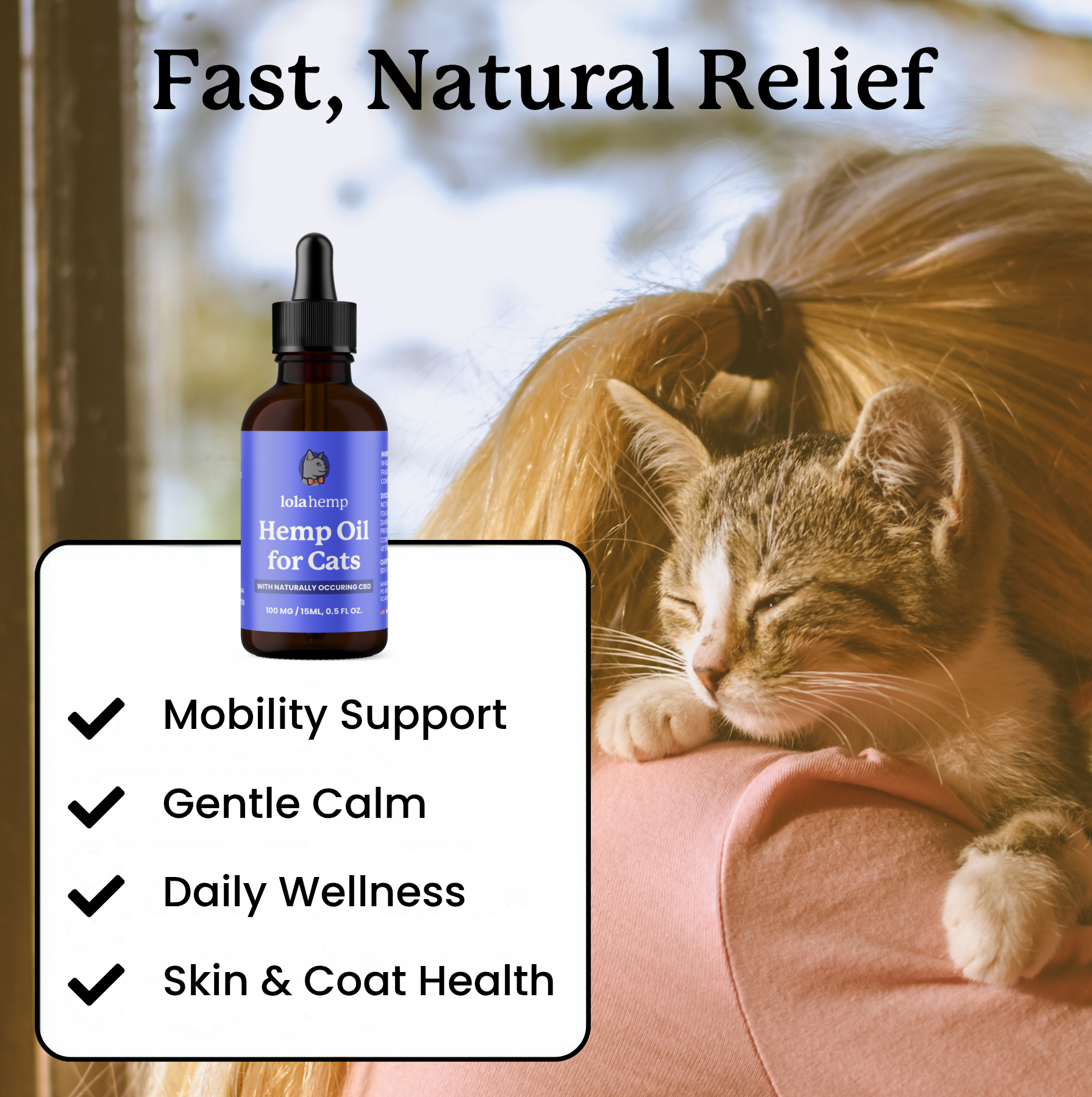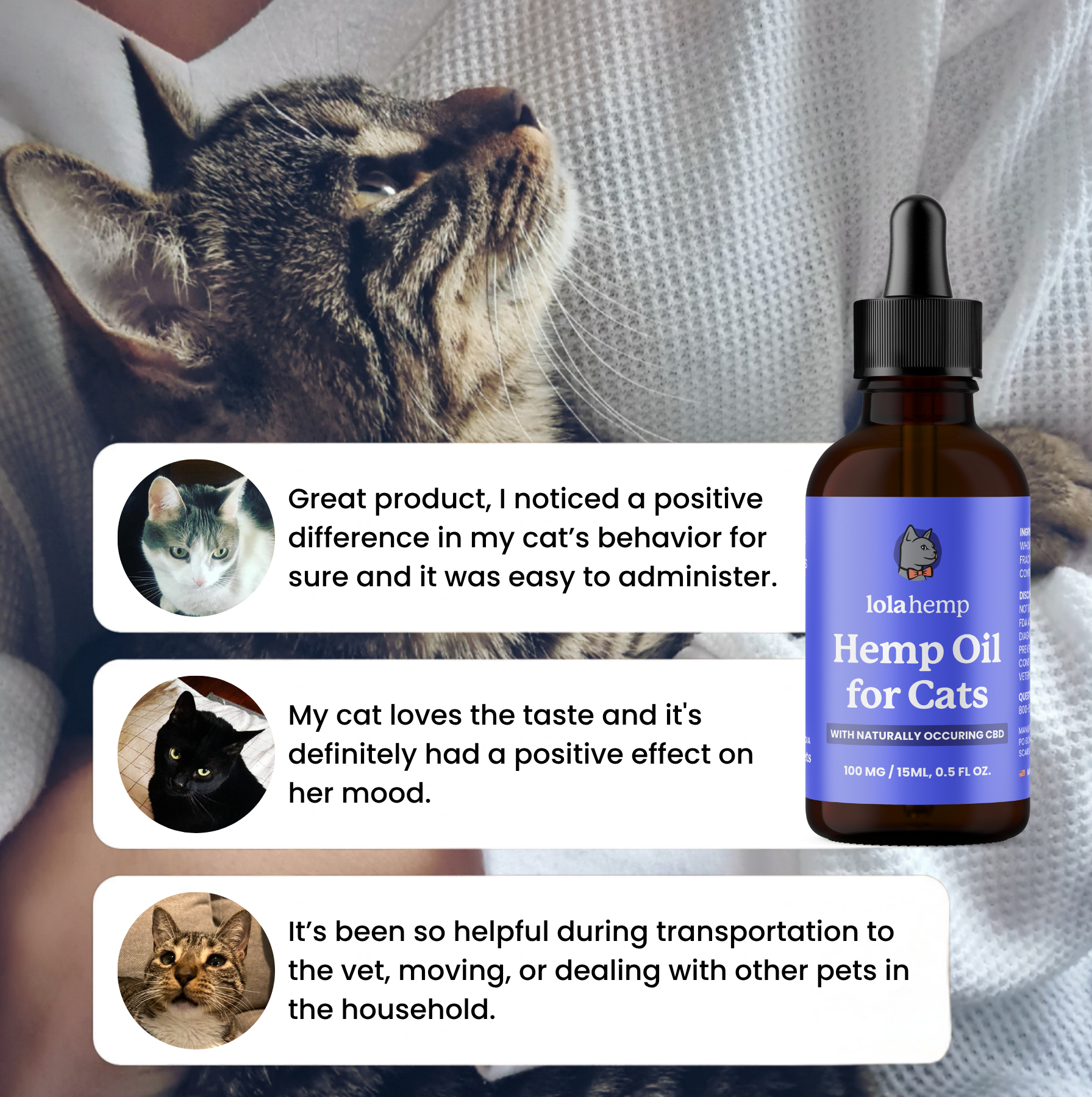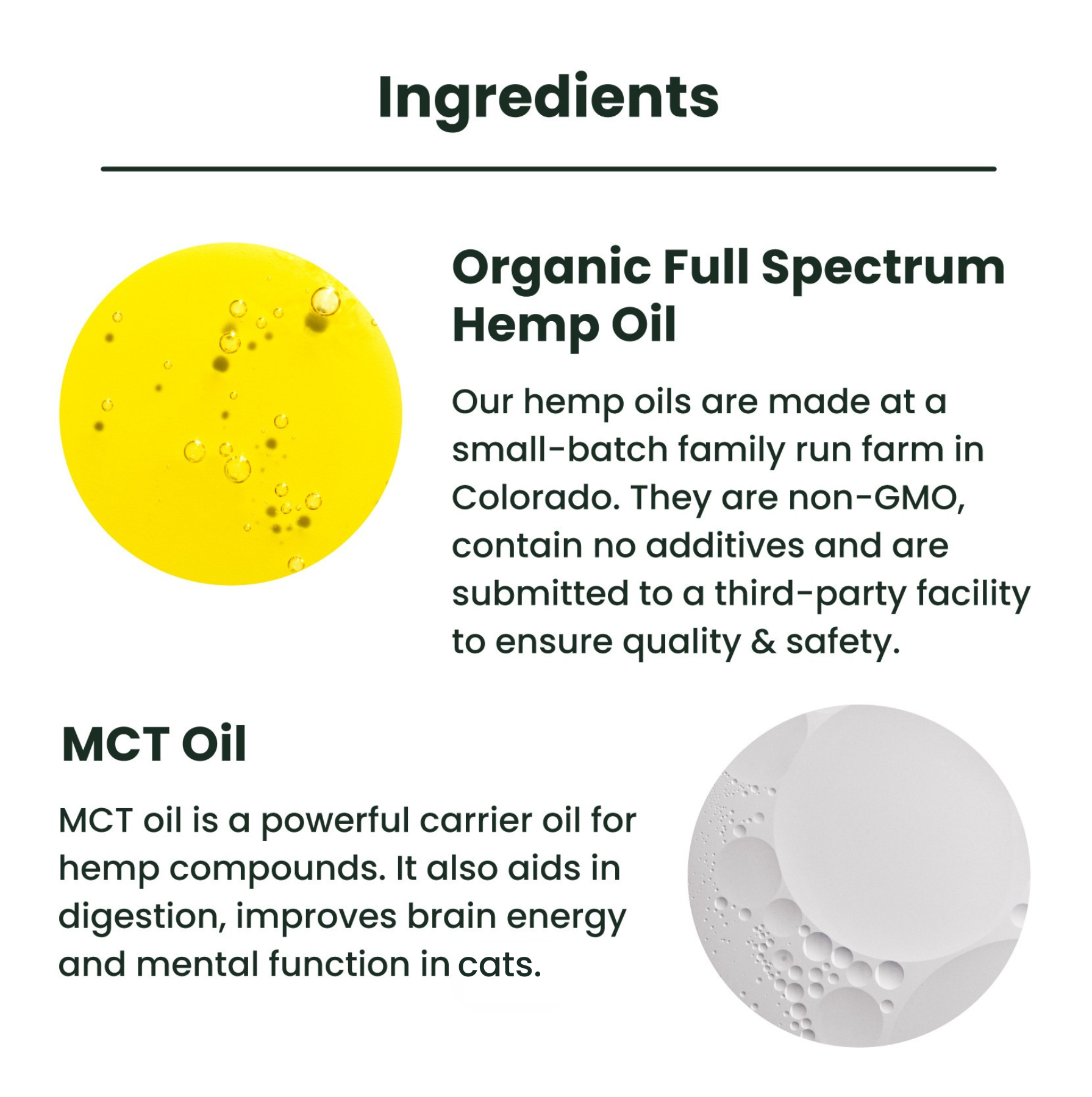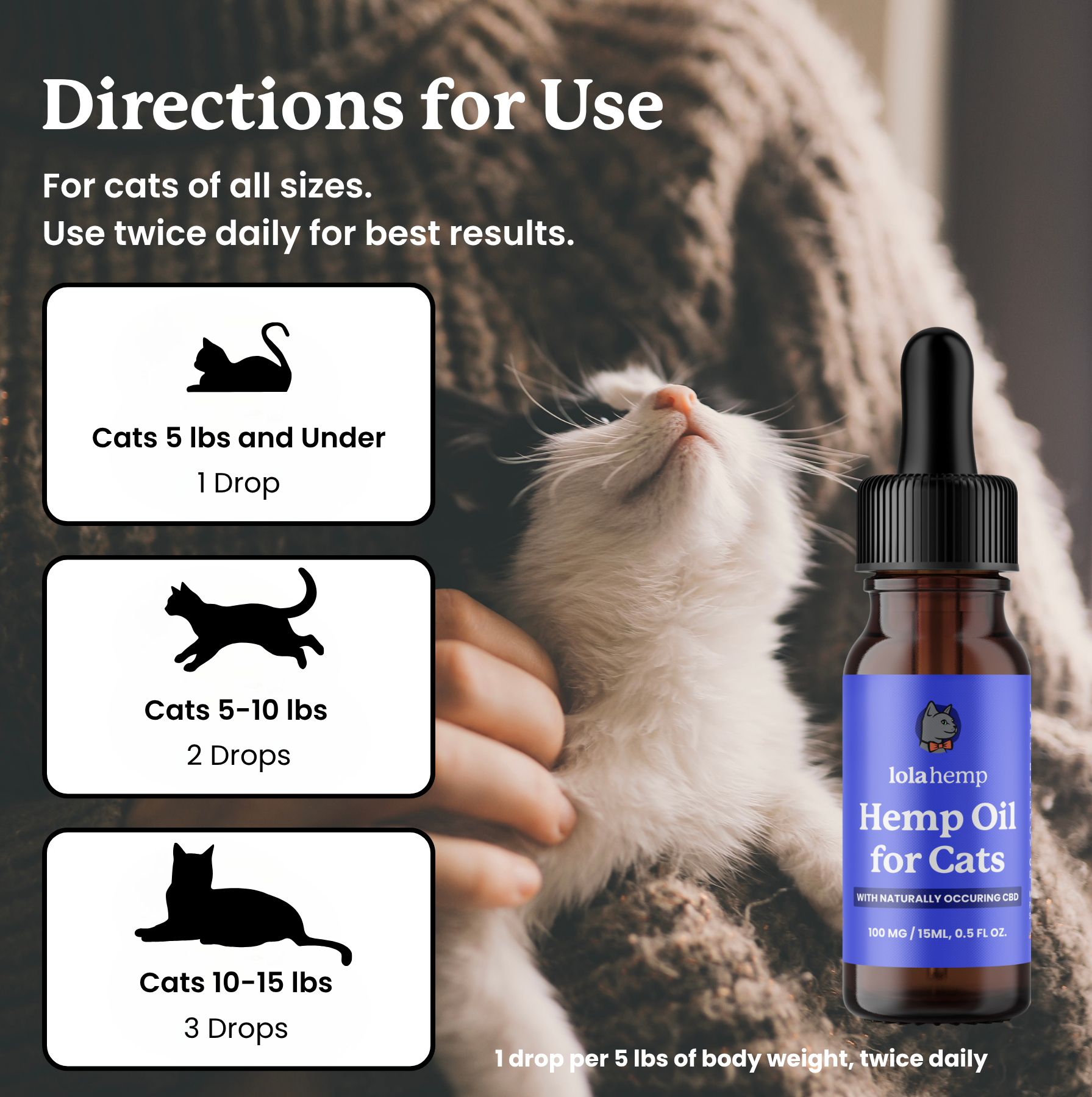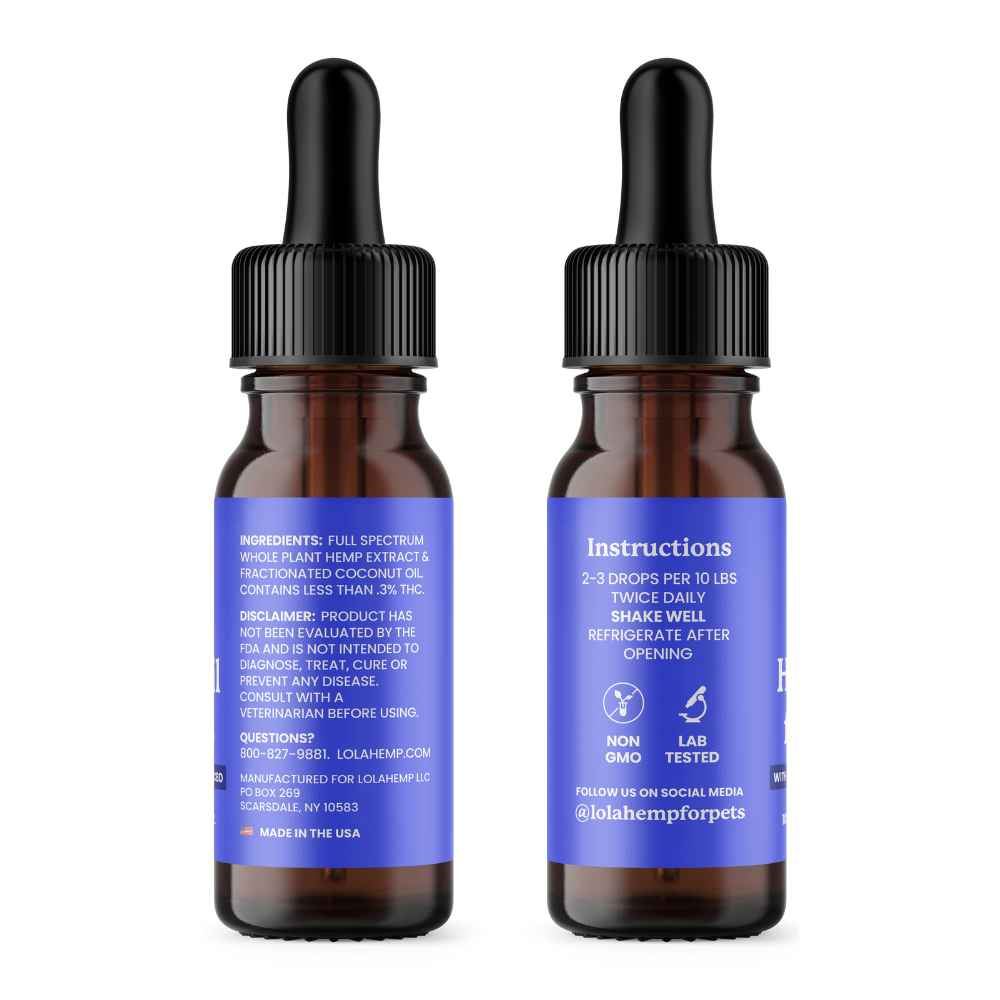Lavender oil is among the most popular essential oils used in aromatherapy for humans, so there's a good chance you have some in your house. Some resources will say that lavender is safe for cats, although many of those resources also sell cat products with lavender.
The overwhelming majority of resources including The ASPCA, PetMD, Pet Poison Helpline, and many others claim that lavender essential oil is not safe for cats, and it can even be deadly.
- Lavender Essential Oil is Generally Unsafe for Cats
- Symptoms of Lavender Essential Oil Poisoning in Cats
- What to do if you Cat Experiences Essential Oil Poisoning
- Using Oils With Natural Ingredients Could be a Better Option
- Conclusion
- Frequently Asked Questions About Lavender Essential Oil for Cats
- Is lavender essential oil safe for cats to smell?
- Can diluted lavender essential oil be used on cats?
- Why is lavender essential oil dangerous for cats?
- What should I do if my cat touches lavender essential oil?
- Are lavender-scented products safe for cats?
- What are safer alternatives to lavender essential oil for cats?
Lavender Essential Oil is Generally Unsafe for Cats
Many pet owners have found benefits in using essential oils for their cat’s health. That said, essential oils formulated for use in humans are generally unsafe for cats.
Lavender essential oil products made for humans should be kept away from cats. Smelling, ingesting, and even touching a lavender essential oil could be harmful to your cat.
Even if the plant that the oil comes from is safe, that doesn't mean the essential oil is safe. Essential oil formulations typically come in extremely high concentrations, and overly-concentrated substances formulated for humans are often too much for our pets' internal systems to tolerate.
Symptoms of Lavender Essential Oil Poisoning in Cats
As a pet parent, you know your cat best. In case you’ve used essential oils on or near your cat and they’re not feeling well, contact your veterinarian immediately. Exposure to concentrated essential oils can lead to essential oil poisoning.
The signs of lavender essential oil toxicity to watch out for include:
- drooling
- panting
- difficulty breathing (respiratory distress)
- unsteady gait
- weakness
- low body temperature
- vomiting
- diarrhea
- rubbing of their face
- redness on the lips, gums, or inside the mouth.

What to do if you Cat Experiences Essential Oil Poisoning
In case you encounter any symptoms of essential oil poisoning, contact your vet immediately. Take note of the time and amount of essential oil ingested.
Your cat needs prompt treatment to address the uncomfortable effects. Your vet may ask you to take your cat for an exam. Never try to induce vomiting at home as it can be dangerous to your cat.
Using Oils With Natural Ingredients Could be a Better Option
Oils that contain plant extracts are different from essential oils. Essential oils are typically extremely concentrated, making them riskier for pets.
Oils with plant extract ingredients are usually formulated to get the most out of a particular ingredient, or group of ingredients, and these tend to be less dangerous. Of course, this depends on the ingredients used and whether or not they have shown to be safe for use in pets.
Here are some oil ingredients that you could seek out in place of essential oils.
Hemp Oil
Hemp oil, often referred to as full-spectrum CBD oil for cats, can be a helpful addition to your cat's health regimen. Many cat owners use this product to support mobility, encourage a healthier mood, and immune-boosting properties from the omega 3s in these oils.

Conclusion
As a pet parent, you must exercise caution when administering any essential oil to your cat. Pay close attention to the communication signs your cat is giving around you.
Lavender essential oil is generally considered toxic and dangerous to cats. The safest thing you can do is to avoid using lavender essential oil for your cat, regardless of the potential benefits unless you are instructed to do so by your veterinarian. Contact your vet immediately in case your cat gives signs of essential oil poisoning.
Frequently Asked Questions About Lavender Essential Oil for Cats
Is lavender essential oil safe for cats to smell?
No. Even inhaling lavender essential oil can be harmful to cats because the concentrated compounds can irritate their respiratory and nervous systems.
Can diluted lavender essential oil be used on cats?
No. Even diluted lavender essential oil can still contain enough concentrated compounds to be toxic to cats.
Why is lavender essential oil dangerous for cats?
Cats cannot properly metabolize the concentrated compounds in lavender essential oil, which can lead to poisoning from skin contact, ingestion, or inhalation.
What should I do if my cat touches lavender essential oil?
Contact your veterinarian immediately. Essential oil poisoning can progress quickly and requires prompt medical attention.
Are lavender-scented products safe for cats?
Many lavender-scented products, such as diffusers or sprays, still contain concentrated oils that may be unsafe for cats, especially if used in enclosed spaces.
What are safer alternatives to lavender essential oil for cats?
Oils made from pet-safe plant extracts, such as hemp oil or certain veterinarian-approved formulations, may be safer options depending on the ingredients.

